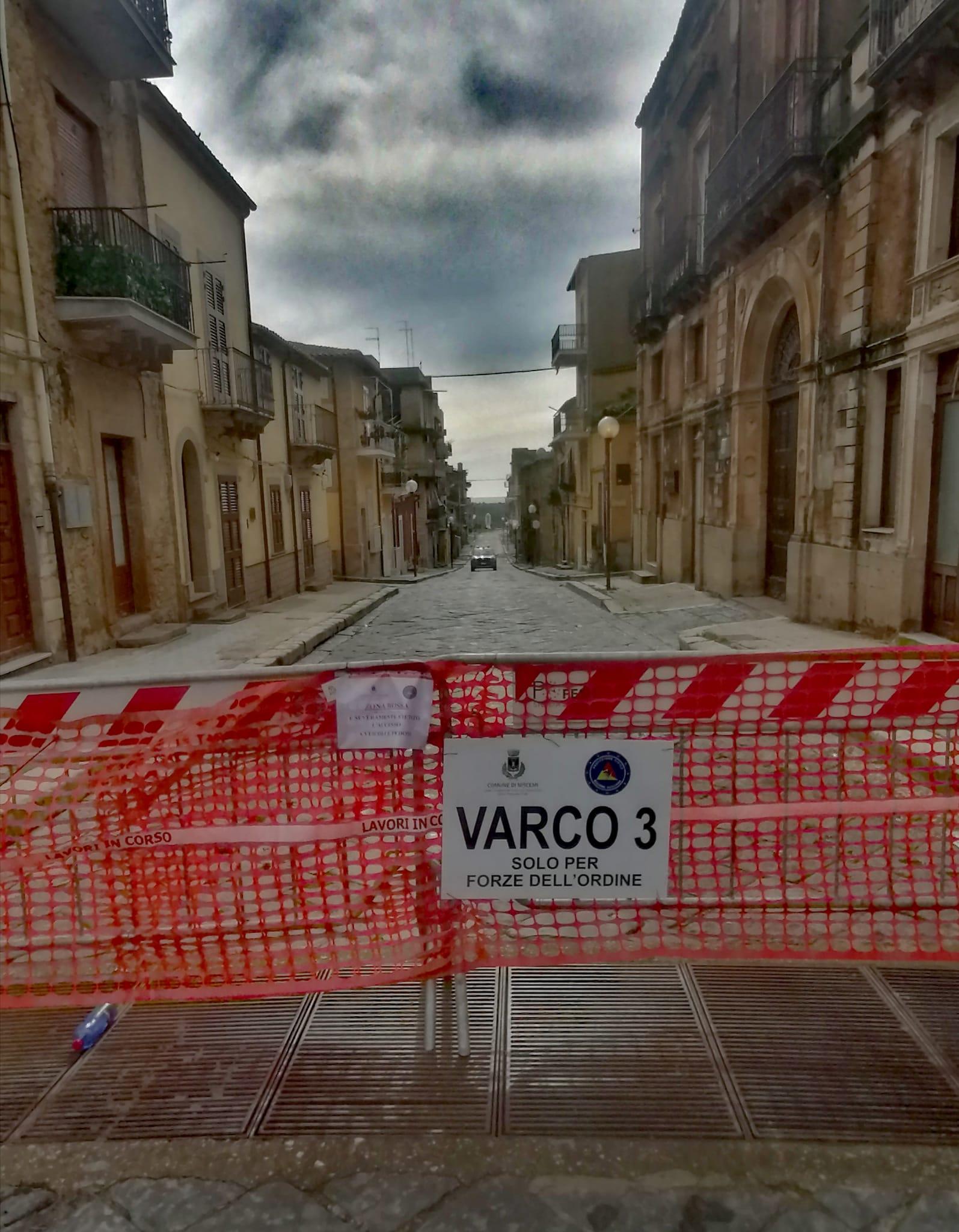Italy: is the political system liquefying?
Now that the ballots are closed, too many words are being wasted on commenting the results as a sort of upheval although it was easily predictable. This country is clearly ungovernable or, in other words, this political system is failing – it is imploding.
One thing is certain: a great refusal of the political institutions has taken place in Italy. 25% of the citizens of this country did not vote and a similar number protest voted in this way expressing a position against the dominant political class.
No one speaks of this change as a result and a response to how the economic crisis has been tackled and dealt with. Political parties, the media, and the lobbies imposed their command. The banks were saved, profits for financial capitalism were defended, great multinationals like Fiat, Eni, FinMeccanica, Ilva, CmC, Telecom, and Mediaset had their business guaranteed, while the majority of people were struck by wage cuts and worsening living conditions.
The plan was to make the middle class, those who are still wage laborers, youth, women and pensioners pay for the crisis.
The PD (Democratic Party) had planned to re-propose an alliance with Monti which would have turned our future into a mortgage in the name of public interest, of the European palaces, and of the directives of the ECB and the IMF. The media and the political system, working together at their best, are not satisfy the goals determined by the leading elites. The dream to leave the course undisturbed has been shattered.
The institutions have lost their legitimacy This, however, is not only due to the rampant corruption, the fragmentation or the political, industrial and bureaucratic incompetence.
Their legitimacy has ended since liberal policies are neither able to govern the crisis nor to guarantee a new cycle of development.
The impossibility to govern the economic crisis has produced a crisis of institutional legitimacy and highlighted the inadequacy of the formal democracy.
The destabilisation of the Italian political scenery is turning into a serious threat for the entire Europe. The political and financial hierarchies built on differentiation and discrimination of territories are risking a breakdown which would disrupt essential forms of domination and control that up until now were thought of as firmly consolidated and unchangeable.
Such an event would inevitably cause a powerful destabilisation of the capitalistic system in its whole.
While the social conflict has not been able to explode in the open, another situation has manifested itself in which the conflict of interests has taken the shape of a passive refusal. The protest vote was an expression of inconsistencies.
We need to examine this complex reality using adequate tools and analytical methods without ideological and ready-made filters.
The Five Star Movement (Movimento 5 Stelle, M5S) has proved to be a force able to gather and reinforce spontaneously expressed discontent by several social and generational strata, albeit the differences and heterogeneity among them, and it has a capacity of relating to territories and experience of very diverse natures. The M5S is today a vehicle of dissent, whether in terms of a population struggling against the TAV or a middle class deprived of its representation, old age pensioners or disillusioned small businessmen, workers in the sectors of service, health care or school or wherever.
Certainly, we cannot fully grasp the trajectories and the outlook for the future. It would be a great mistake to demonize and brand the M5S as the institutionalization of unrealistic goals as it would be to erroneously overestimate its incisiveness and diversity in relation to the old political system.
In any case, the issue of developing conflicts, constructing recomposition and giving continuity to the social struggles remains our real priority. As the NoTav movement has shown, a development of this trajectory may generate as well as recognize new confrontations among important social strata. However, only social conflict and widespread struggle can change power relations and in this way give continuity and power to a possible scenario of real change of the social situation.
There is great disorder under heaven…the situation is excellent.
Infoaut Staff
Ti è piaciuto questo articolo? Infoaut è un network indipendente che si basa sul lavoro volontario e militante di molte persone. Puoi darci una mano diffondendo i nostri articoli, approfondimenti e reportage ad un pubblico il più vasto possibile e supportarci iscrivendoti al nostro canale telegram, o seguendo le nostre pagine social di facebook, instagram e youtube.


















